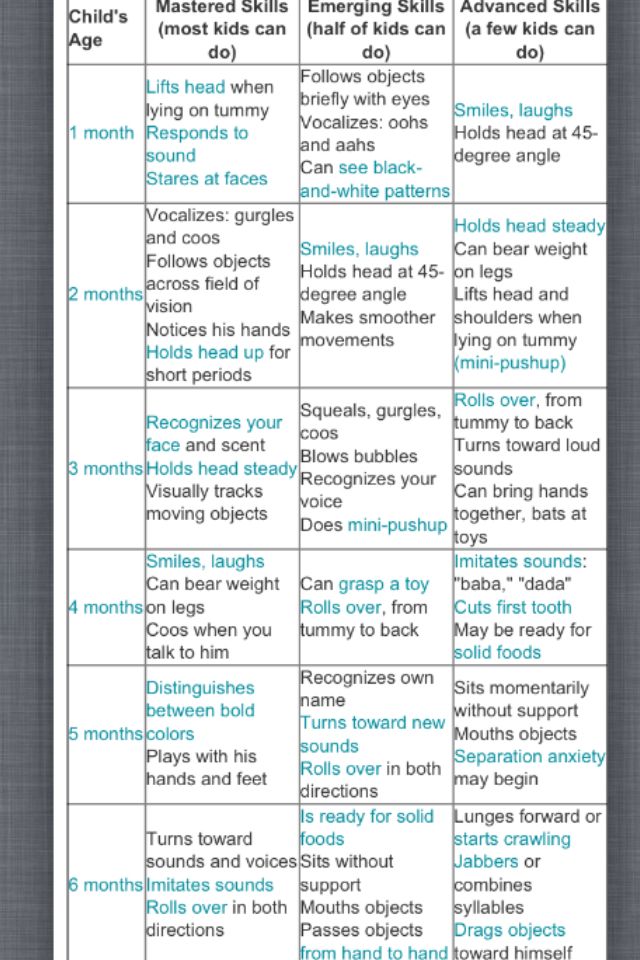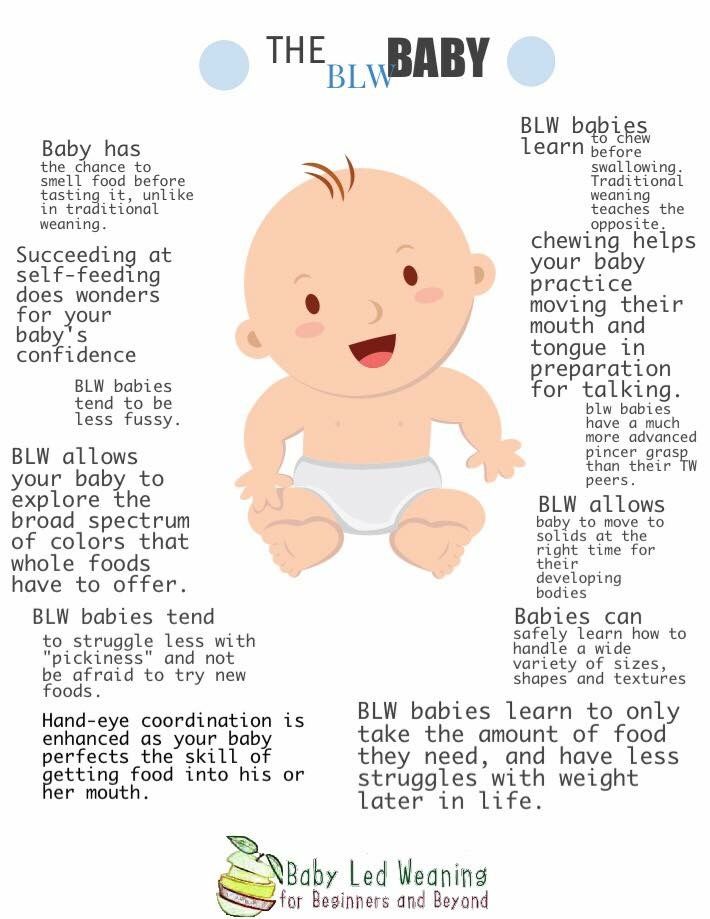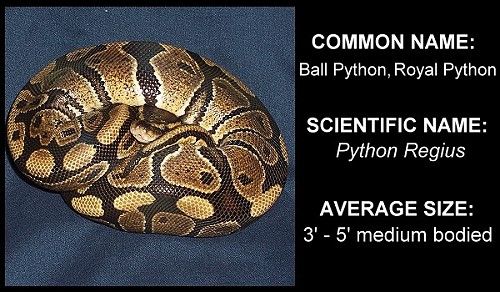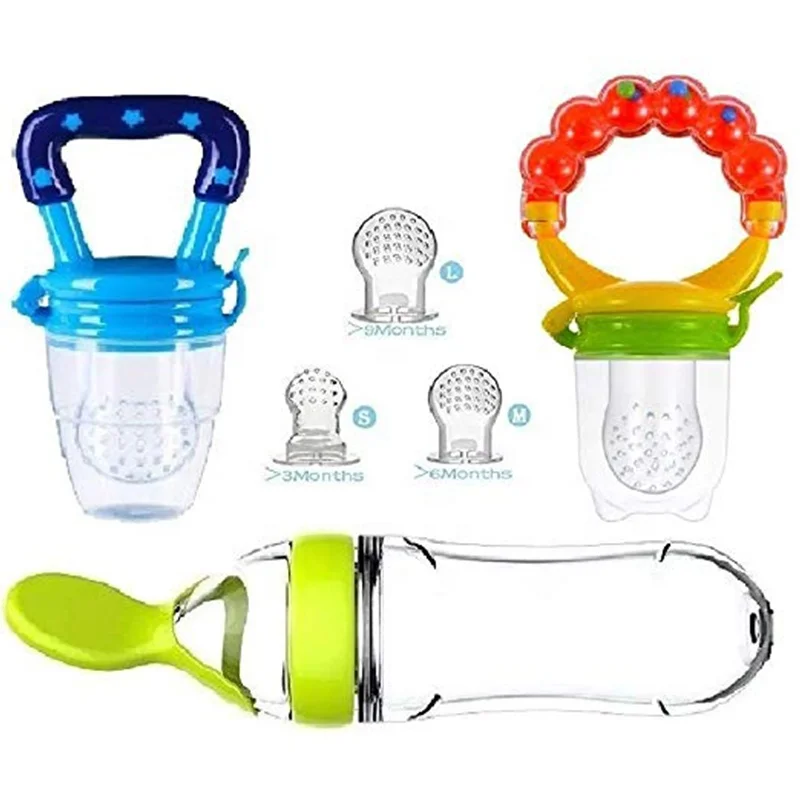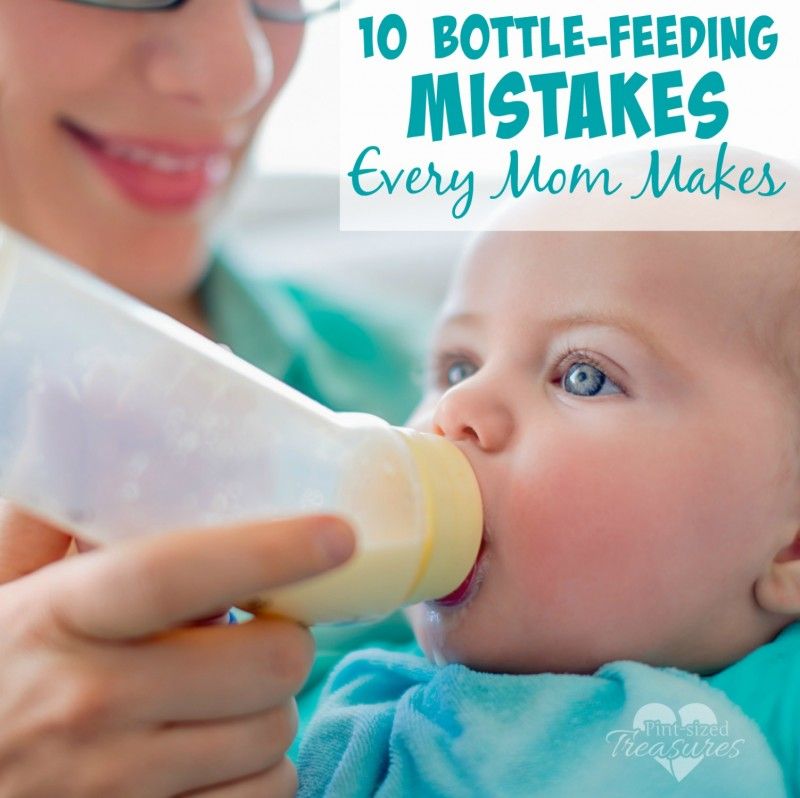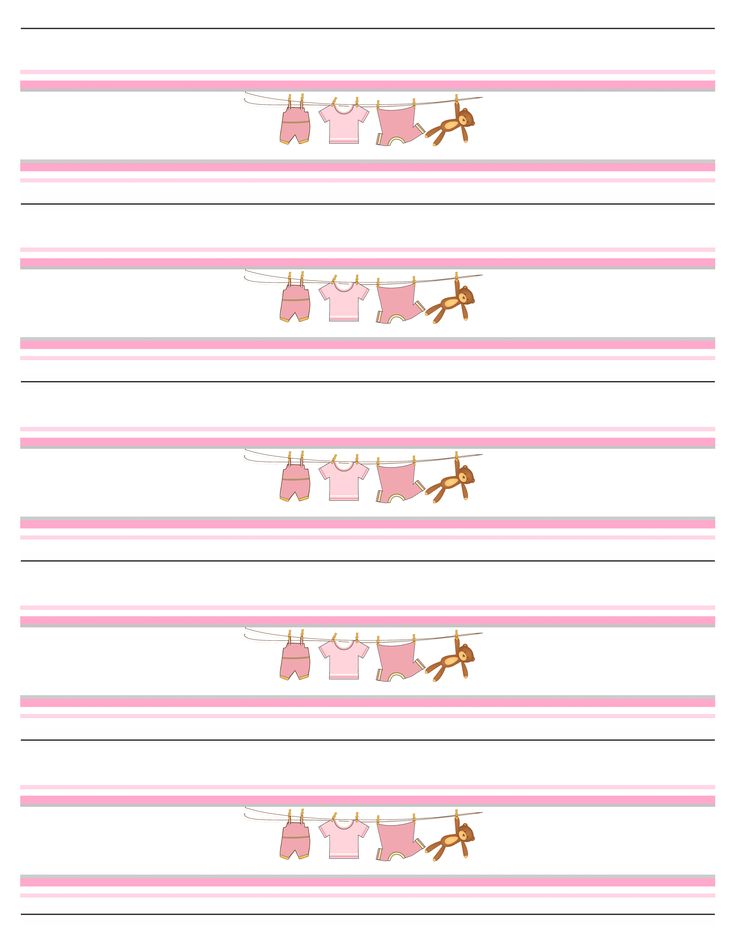Baby gasping for air after feeding
10 Causes Why Baby Gasping For Air And How To Help Them
Respiratory infections to reflux - a baby may gasp for air for several reasons.
Image: iStock
It is concerning for a new parent to see a baby gasp for air. However, a baby gasping for breath is not always a matter of worry. Usually, babies gasp for air if something is stuck in their throats. Usually, extra mucus during cold tends to be that obstruction.
As their respiratory system matures with their age, babies tend to grow out of this habit of gasping. Read on to know the reasons that make a baby gasp for air and the causes of concern.
Possible Causes Of Baby Gasping For Air
A newborn baby is born with non-inflated lungs that are filled with fluid. The baby takes their first breath in about ten seconds after birth, and this breath may sound like they are gasping for air(1). Beyond their first breath, the following conditions may cause a baby to gasp for air while breathing.
1. Respiratory infections
Image: Shutterstock
Infections of the nose, sinuses, throat, airway, or lungs are known as respiratory tract infections. Viruses such as rhinoviruses, influenza, parainfluenza, respiratory syncytial virus, enterovirus, coronaviruses, and some strains of adenoviruses are the leading causes of respiratory infections in infants(2).
Respiratory infections cause excess mucus secretion and inflammation of the respiratory tissues, causing gasping due to difficulty breathing. Other signs and symptoms include fever, cold, cough, sore throat, and pain in the ear (3).
Related: Ear Infection In Babies: Signs, Causes And Treatment
2. Asthma
Asthma is a disease characterized by chronic inflammation of the airways. The root cause of asthma is unknown (4). but may be associated with allergies. Check with your pediatrician if any dietary changes are needed. According to the Asthma and Allergy Foundation of America, asthma can cause labored breathing, panting, wheezing, persistent coughing, difficulty sucking, and fatigue (5). It is not always easy to diagnose asthma in an infant but seems to be more common in babies with recurrent bronchiolitis, a viral infection affecting the small airways.
It is not always easy to diagnose asthma in an infant but seems to be more common in babies with recurrent bronchiolitis, a viral infection affecting the small airways.
3. Exposure to second-hand cigarette smoke
Smoking in the same room as the baby may irritate their respiratory tracts. It may also lead to asthma. Therefore, smokers should be discouraged from smoking in the house where the baby lives (4).
4. Laryngomalacia
Laryngomalacia is the leading cause of noisy breathing in infants. It happens due to floppy tissues above the vocal cords. It resolves on its own in 70% of infants by the time they are one year old and in 90% of the infants by the time they are two years old (6). Rarely, a surgery is needed, especially if the laryngomalacia interferes with feeding.
5. Sleep apnea
Sleep apnea is a sleep-related breathing disorder. Obstructive sleep apnea occurs due to the narrowing of passages between the nose and the lungs. Babies with sleep apnea may pause for breaths, gasp for air, and have noisy breathing(7).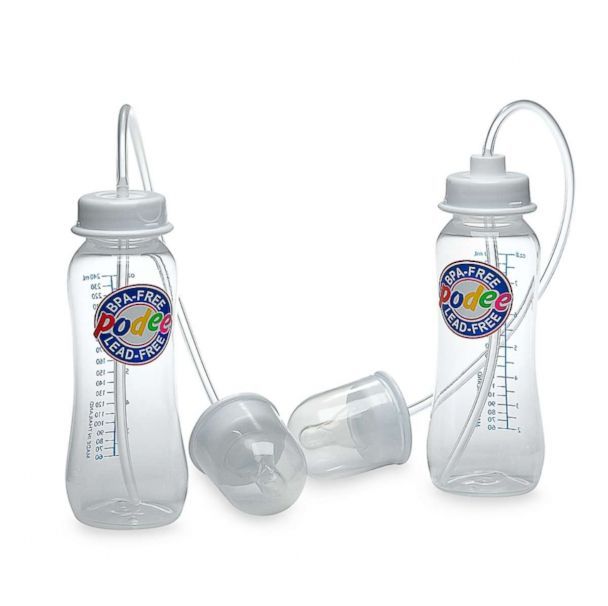
6. Pertussis (Whooping cough)
Image: Shutterstock
Whooping cough is a contagious bacterial infection. Babies with pertussis infection make a whooping sound when they breathe in after coughing(8). The infection may also cause a baby to gasp for air. The vaccine for whooping cough could significantly prevent the risk of developing the infection.
Related: Cough In Babies: Symptoms, Causes, Treatment And Prevention
7. Premature babies
Respiratory distress is a common problem in premature babies. Babies born before 37 weeks are at a higher risk of developing respiratory distress syndrome. Babies with respiratory distress syndrome have to work very hard to regulate their breathing and might gasp for air (9).
8. Meconium aspiration syndrome
Meconium aspiration syndrome occurs when the newborn inhales amniotic fluid along with the meconium while still in the mother’s womb. The meconium (baby’s first poop)may clog or irritate the airways, injuring the lungs and making it difficult to breathe.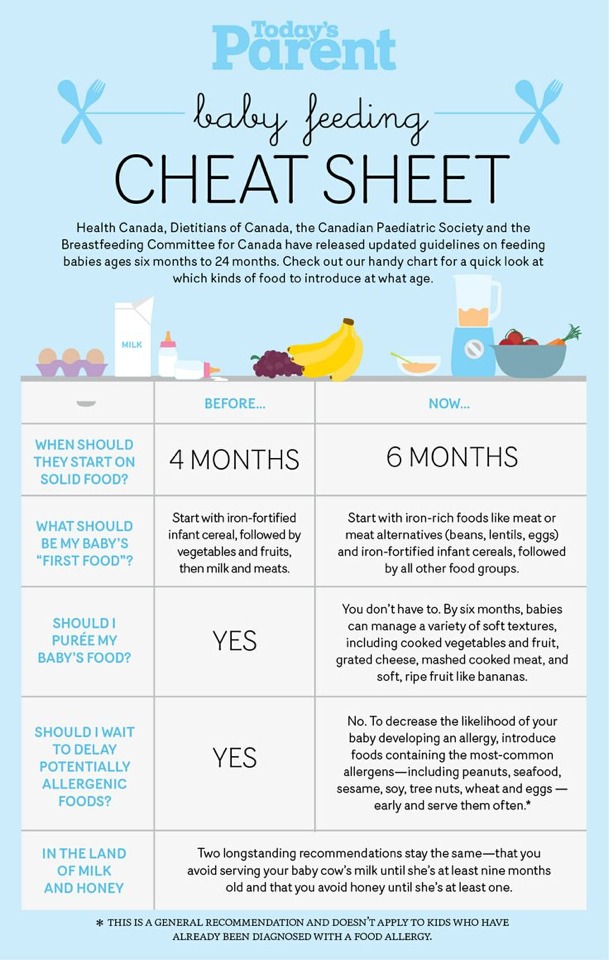 Babies with this condition may need to be admitted to the neonatal intensive care unit (NICU)(10).
Babies with this condition may need to be admitted to the neonatal intensive care unit (NICU)(10).
9. Reflux
Reflux happens when the muscle at the end of the esophagus is loose or opens up when not needed. It may cause food and stomach acids to flow upward to the throat, irritating the airways along the way. Severe or persistent reflux may lead to breathing problems in babies, causing signs such as gasping (11).
10. Dry air
Image: iStock
Some babies may gasp when the ambient air is dry. In such cases, the baby will be healthy and will not show any sign of disease or distress. Gasping due to dry air can be easily avoided by installing a cold-mist humidifier in a baby’s room.
When To See A Doctor?
Image: iStock
You must consult a doctor soon if your baby displays the following signs.
- Notable signs of infection, such as fever, poor appetite, lethargy, or crankiness
- Baby’s skin, especially that of the face, appears blue, indicating poor oxygen levels in the body
- You suspect the baby is gasping due to a foreign body stuck in the airways
- Gasping is accompanied by wheezing or whistling sounds
- Baby has chest contractions suggesting severe difficulty in breathing
- Baby began gasping after coming from outdoors or due to exposure to a substance, such as aerosol spray
- Baby started gasping after eating a food item
Related: 6 Helpful Tips For Storing Formula Milk For Your Baby
Ways To Reduce Gasping In Babies
Knowing the cause may help reduce gasping in babies, especially in cases of infections.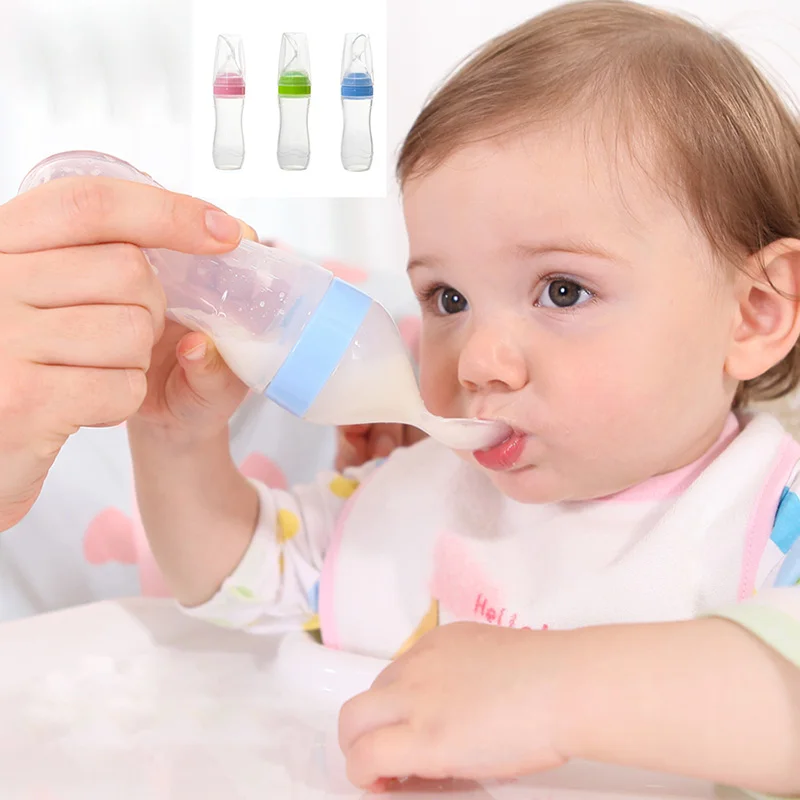 The following interventions could reduce and prevent gasping in babies.
The following interventions could reduce and prevent gasping in babies.
- Feed the baby in the right position to prevent reflux. You may hold the baby in your arms for some time after feeding them. For bottle-fed babies, you may hold the bottle in a horizontal position. It mimics breastfeeding as the milk drips down slowly from the bottle. This is known as paced bottle feeding. Speak to the pediatrician and change the formula milk to check if it helps relieve reflux.
- Always put the babies to sleep on their back. It reduces the risk of choking on any regurgitated milk. It also reduces the risk of sudden infant death syndrome (SIDS).
- Vaccinate your baby as per the pediatrician’s recommendations. Although vaccines are not foolproof, they may help prevent several respiratory tract infections that often cause gasping.
Image: Shutterstock
- Use saline drops to clear their noses and keep their airways open. Speak to a pediatrician who may show you the right way to clear the baby’s nose.

- Avoid exposure to any second-hand cigarette smoke and vehicular smoke. If your baby has allergies or asthma, keep them away from potential allergens.
- Use a cool-mist humidifier if the air is dry, such as during winters. Moist air could make breathing easier for a baby.
- If you notice any symptoms of conditions such as sleep apnea and laryngomalacia, seek timely treatment.
1. Why does my baby gasp for air after feeding?
A baby could be gasping for air in between or after feeding due to laryngomalacia. The condition could make it difficult for babies to breathe during feedings, resulting in increased wheezing or squeaking (12).
2. Why do babies gasp for air after crying?
A baby might hold their breath for a minute while crying, making them gasp for air afterward. Although this might worry a parent, it is mostly harmless. However, consult a pediatrician if these breath-holding episodes are frequent or last more than a minute (13).
You may be concerned when you see your baby gasp for air. Babies may usually gasp for air during sleep if they have respiratory tract infections, persistent reflux disorders, cough, exposure to airborne allergens, or other medical conditions. You may try homecare tips such as avoiding allergy triggers and practicing correct feeding positions to prevent this condition from recurring. Nonetheless, get your baby evaluated by a medical professional if they display signs of fatigue, fever, pale skin, or severe breathing problems, which may lead to complications.
Key Pointers
- Newborn babies can gasp for air immediately after birth since their lungs are not yet ready.
- Gasping for air in babies can signify respiratory infection, asthma, laryngomalacia, secondhand smoke exposure, sleep apnea, and pertussis infection.
- Knowing the risks and taking preventive measures such as vaccinating and avoiding smoke exposure can prevent many causes of gasping of air in babies.

References:
MomJunction's articles are written after analyzing the research works of expert authors and institutions. Our references consist of resources established by authorities in their respective fields. You can learn more about the authenticity of the information we present in our editorial policy.
1. Changes in the newborn at birth; US National Library of Medicine
2. Brenda L Tesini Overview of Viral Respiratory Tract Infections in Children; MSD Manual
3. How to spot respiratory tract infections in children; British Lung foundation
4. Asthma in Infants and Young Children; Asthma and Allergy Foundation of America
5. Asthma in Infants; Asthma and Allergy Foundation of America
6. Laryngomalacia; Nationwide Children’s Hospital
7. Sleep Apnea in Babies Symptoms Diagnosis and Treatment; The Children\’s Mercy Hospital
8. Whooping Cough (Pertussis) in Children; University of Rochester Medical Center Rochester
9.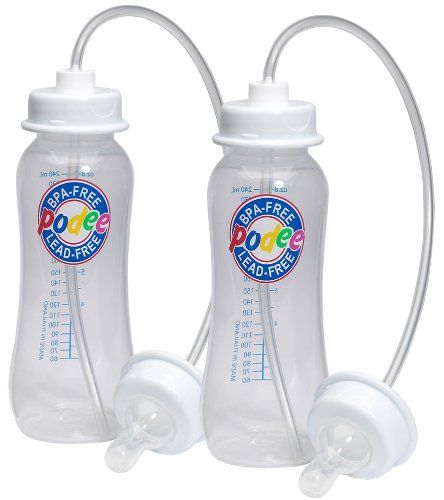 Respiratory Distress Syndrome (RDS) in Premature Babies; Cedars Sinai
Respiratory Distress Syndrome (RDS) in Premature Babies; Cedars Sinai
10. Meconium aspiration syndrome; US National Library of Medicine
11. Gastroesophageal Reflux Disease (GERD) in Infants; Nationwide Children’s Hospital
12. Laryngomalacia is my child’s noisy breathing serious? Cincinnati Children’s
13. Breath-holding in babies and children; NHS
The following two tabs change content below.
- Reviewer
- Author
Dr. Ritika Shah is a certified lactation counsellor from iNational Health Care Academy, Singapore and a dental surgeon with more than seven years of clinical experience across various cities in India. She did her graduation in Dentistry from KM Shah Dental College. During her clinical practice, pediatric dentistry was her particular area of interest, and she constantly thrived to inculcate... more
Dr. Arlene Dijamco calls herself a 'MultiDimensional MD' with expertise in integrative medicine, pediatrics, and cranial osteopathy.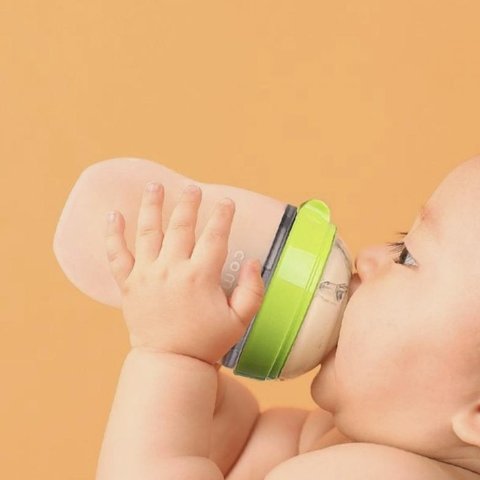 She studied at Harvard, Emory, and Albert Einstein and then completed Dr. Andrew Weil’s two-year integrative medicine fellowship. She is known for her intuitive knack, empowering people to nourish and balance all layers of health. Dr. Dijamco is passionate about helping make the... more
She studied at Harvard, Emory, and Albert Einstein and then completed Dr. Andrew Weil’s two-year integrative medicine fellowship. She is known for her intuitive knack, empowering people to nourish and balance all layers of health. Dr. Dijamco is passionate about helping make the... more
Why Does My Baby Gasp for Air? (Sleeping, Eating, Excited, Crying)
New parents often find themselves monitoring their newborn baby’s every breath, but it can be difficult to know what’s normal and what’s cause for concern. For instance, is it normal for a baby to gasp for air?
As their respiratory systems mature, it is normal for babies to take periodic pauses in breathing, which may cause them to gasp for air. Though this behavior is usually benign, gasping for air can also be a sign of respiratory distress, which can arise from many conditions, including congestion (usually due to a cold or allergy) or asthma.
Continue reading to learn why your baby is gasping for air and when to be concerned.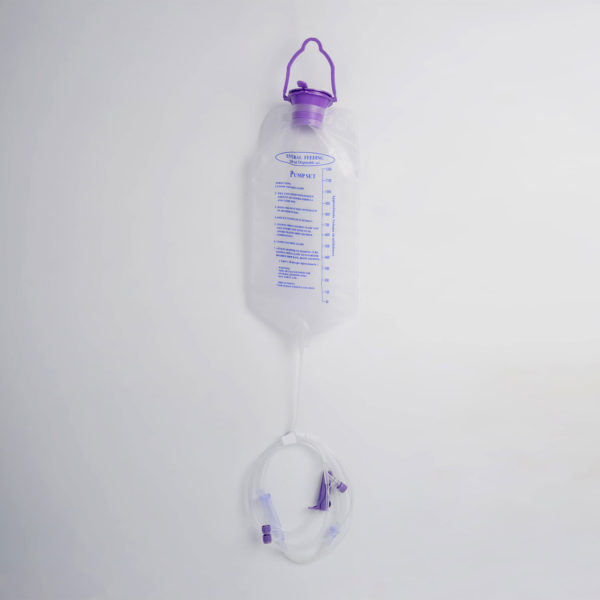
Table of Contents
Is it normal for babies to sound like they are gasping for air?
According to Respiratory Control and Disorders in the Newborn (Mathew, 2003), periodic breathing, or regular short pauses in breathing, is common in infancy. A newborn’s immature respiratory system may cause these periodic pauses in breathing, which may lead to gasping for air.
The British Lung Foundation states that adults have around 300 million air sacs, or alveoli, in their lungs; however, babies are only born with about 20 to 50 million. In addition to being anatomically underdeveloped, respiratory control is immature in babies.
Babies must learn to strengthen and use their respiratory muscles efficiently to maintain a consistent breathing pattern. Aside from their immature respiratory systems, many conditions and circumstances may cause your baby to have difficulty breathing.
These include:
- Born premature – Premature babies have even fewer alveoli than full-term babies.
 They may also have low amounts of surfactant, a protein that coats the alveoli, which helps the lungs intake the maximum amount of oxygen. This deficiency can lead to distressed breathing in preterm infants.
They may also have low amounts of surfactant, a protein that coats the alveoli, which helps the lungs intake the maximum amount of oxygen. This deficiency can lead to distressed breathing in preterm infants. - Laryngomalacia – Estimated to affect one in 2600 to 3100 newborns, laryngomalacia is the most common cause of infant stridor, a wheeze or squeak caused by impaired airflow. It is caused when the tissue above the vocal cords falls into the airway. Most children outgrow this condition, but some may require surgery.
- Congestion – Mucus build-up caused by a cold, viral infection, or allergies, may also lead to a disrupted breathing pattern.
- Asthma – Inflammation of the bronchial tubes, known as asthma, can restrict air intake, causing labored breathing. Though doctors are not always sure of the cause of asthma, viral infection and environmental factors such as smoke are common triggers.
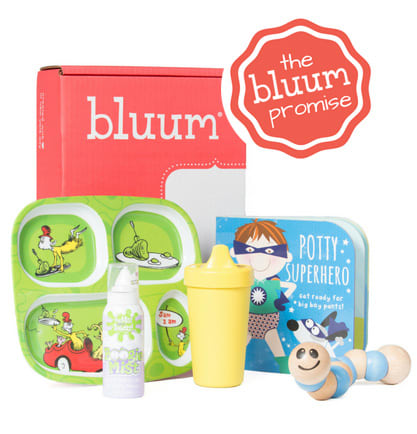
- Gastroesophageal reflux disease (GERD) – In babies with GERD, the lower esophageal sphincter is weak, allowing stomach acid to flow back into the esophagus. This condition can lead to difficulty breathing due to bronchospasm and the potential aspiration of refluxed stomach contents.
- Sleep apnea – Between one and five percent of children struggle with sleep apnea, a breathing disorder characterized by pauses in breathing during sleep.
Why does my baby gasp for air randomly?
The potential cause of your baby’s gasping may become more apparent when you think about its frequency and regularity.
A baby who gasps for air infrequently and randomly is most likely exhibiting periodic breathing, which is normal and benign. This is especially true if they exhibit no signs of distress and have no related health complications. If, however, your baby is experiencing breathing difficulty due to another circumstance or condition, you will likely be able to associate their gasping with other signs or symptoms.![]()
Here are some examples:
Reasons Your Child May Have Difficulty Breathing
| Condition | Symptoms |
|---|---|
| Laryngomalacia | Wheezing or stridor is persistent |
| Congestion | Excess mucus in their chest or nasal passage (may cause a cough and stuffy nose) |
| Asthma | Continuous labored breathing |
| GERD | Acid reflux causes pain and frequent vomiting |
| Sleep apnea | Breathing is only disrupted during sleep |
What do you do when a baby is gasping for air?
Though there is no treatment needed for periodic breathing, which is a common cause of gasping in infants, it is important to air on the side of caution. As discussed, many other symptoms can cause a baby to gasp for air.
In general, keeping your baby upright in an environment where they are breathing clean air can help reduce shortness of breath.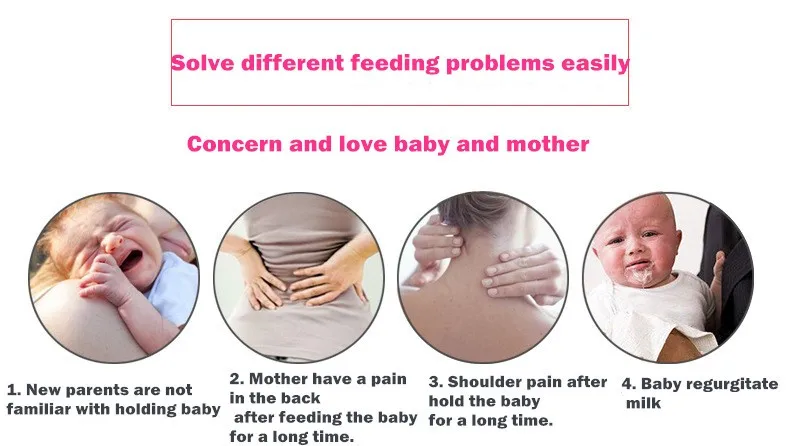
If your baby’s breathing difficulty is due to congestion, there are several things you can try at home to alleviate their symptoms. Here are some methods for decongesting your baby provided by MedicineNet:
- Warm bath – Warm baths are comforting, and the warm moisture can help loosen nasal and chest congestion.
- Cold mist humidifier – The continuous moisture that humidifiers provide can help alleviate congestion. Cold mist humidifiers are safest for babies because they do not contain a heating element that can cause burns.
- Eliminate irritants – Avoiding irritants such as smoke, home fragrances, pet dander, and dust can promote easier breathing.
- Rest – Resting in a warm (but not too warm) environment will help your baby recover from any potential cold or viral infection.
- Position – Holding your baby upright will allow gravity to help their mucus drain out of their sinuses, allowing them to breathe more easily.
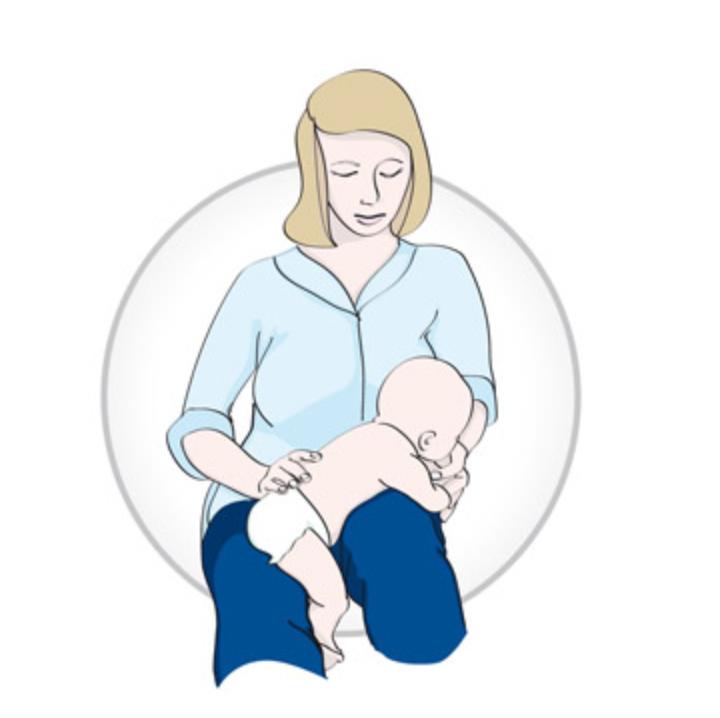
- Hydration – Ensure your baby is staying hydrated by feeding well. Additional water can be provided to babies who are eating solids.
- Nasal saline spray or drops – Nasal saline solution, such as the Little Remedies Saline Spray and Drops, helps to loosen and dissolve dried or thick mucus in nasal passages to help decongest.
- Nasal bulb or tube – A nasal bulb or tube, such as the Frida Baby NoseFrida Snotsucker, can draw out excess mucus, which lets your baby breathe more easily.
- Massage – Gently massaging your baby’s nasal bridge and the surrounding area can help drain nasal passages. Check out this video on baby massage for cough and congestion by Channel Mum.
If you suspect your baby has blocked the airway due to a foreign object, perform choking first aid and seek medical attention.
If your baby is unresponsive or unable to breathe, perform infant CPR and call 911.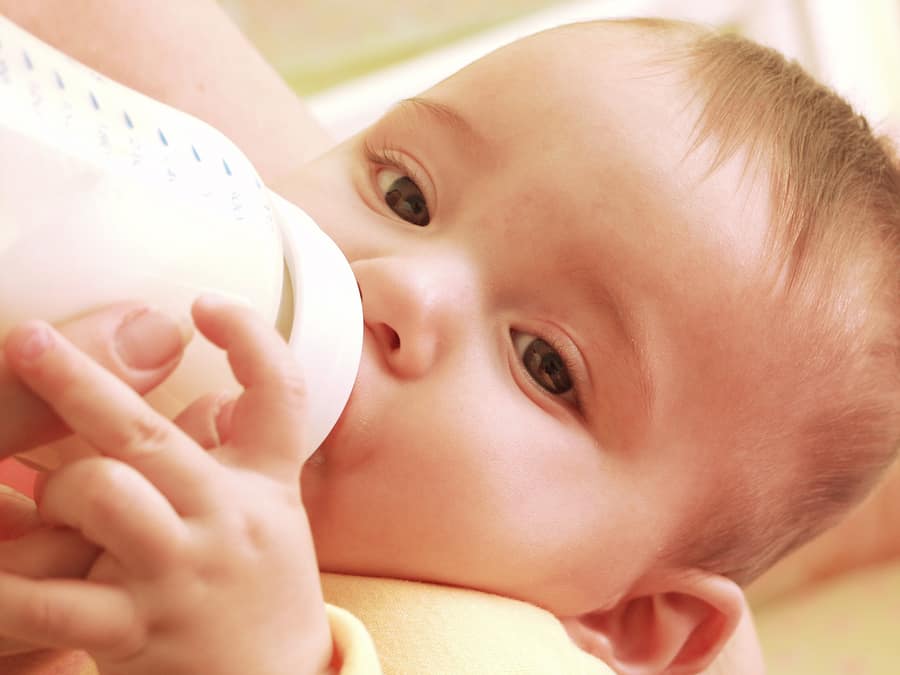
If you suspect your baby has a condition such as laryngomalacia, asthma, GERD, or sleep apnea, contact your pediatrician.
When should I worry about my baby’s breathing?
Though it is normal for babies to take periodic pauses while breathing, it is important to be aware of potential signs of respiratory distress.
Here are some signs your baby may have trouble breath according:
- Breathing rate increases
- Nostrils are flaring
- Head is bobbing
- Open mouth
- Stomach is sucking in more than normal, and the skin is pulling in, or retracting, around the chest.
- Loud breathing (including grunting, wheezing, and gasping)
- Clammy skin
- Coughing and congestion
Additionally, a baby that is experiencing labored breathing may:
- Have difficulty sleeping or getting comfortable
- Act tired and lethargic
- Be more fussy than normal
- Eat less or take frequent breaks while eating
- Unlatch frequently while nursing
Contact your pediatrician if you are noticing early warning signs that your baby is experiencing respiratory issues.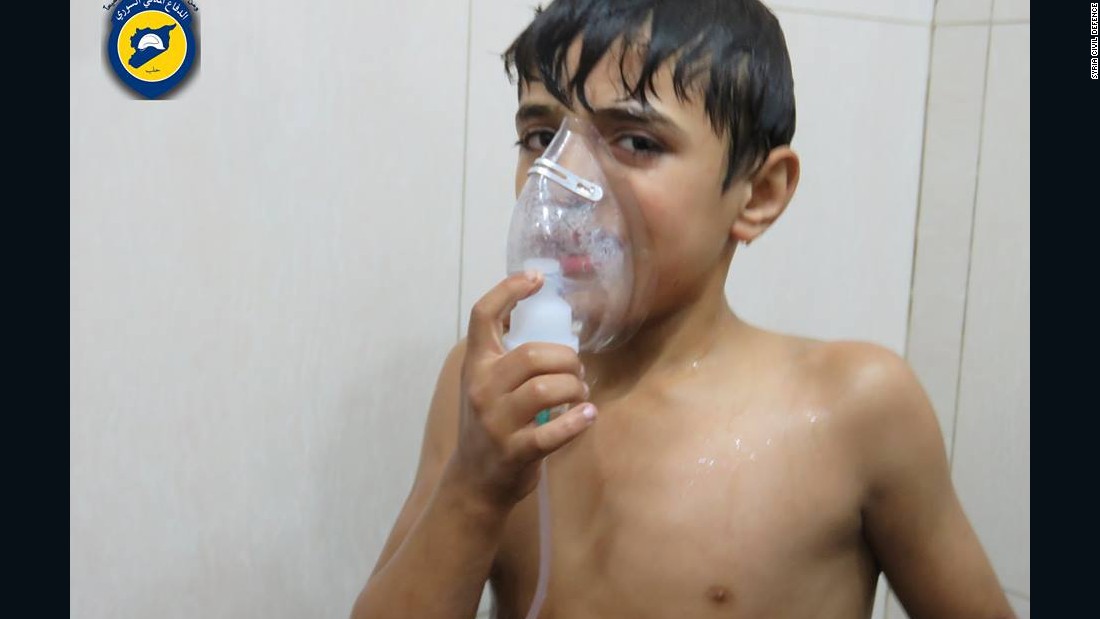
Call 911 or get immediate medical help if:
- Your baby is in severe respiratory distress.
- Your baby stops breathing for more than fifteen seconds.
- You are unable to wake your baby.
- Your baby skin begins to turn blue (especially noticeable around the lips, gums, and fingernails).
Why does my baby gasp for air while breastfeeding?
Detailed in a study published in the International Journal of Language and Communication Disorders, a great deal of coordination is involved in efficient breastfeeding.
Swallowing and breathing share a pathway (the pharynx) but cannot be accomplished simultaneously. As your baby is learning to suck, swallow, and breathe while breastfeeding, they may occasionally gasp for air.
If you find that your baby has difficulty nursing and continuously struggling to breathe, you may dealing with one or more of the following:
- Oversupply of milk occurs when a nursing mother is producing more milk than her baby needs.
 This can cause a host of issues, including causing the nursing baby to choke, gulp, and sputter while nursing. This can restrict a baby’s oxygen and cause them to gasp.
This can cause a host of issues, including causing the nursing baby to choke, gulp, and sputter while nursing. This can restrict a baby’s oxygen and cause them to gasp. - Forceful letdown occurs when milk is forcefully ejected from the milk duct. This is common in mothers with oversupply and can cause a nursing baby to gasp for air.
- Aggressive nursing may prevent your baby from breathing normally, which may cause them to gasp for air.
- Nasal congestion can greatly affect your baby’s air intake because babies almost exclusively breathe out of their nose until about three or four months old. If the mucus is blocking their nasal pathways, babies may struggle to intake air while nursing.
Here are some methods to use to help your baby maintain a healthy, comfortable breathing pattern while sleeping.
Why does my baby gasp for air after feeding or eating?
If you notice your baby gasping for air after nursing or eating, they may have aspirated milk, a drink, or solid food.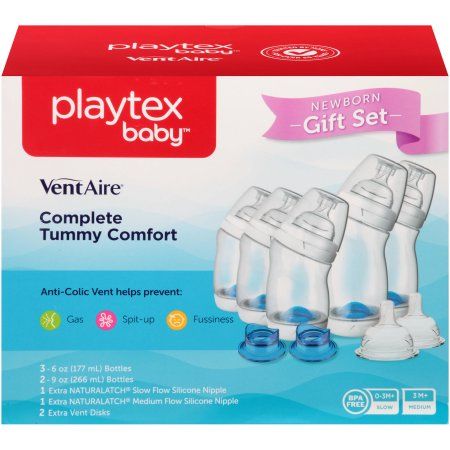
According to Cedars-Sinai, a nonprofit academic healthcare organization, aspiration refers to a foreign material (like food or drink) entering the airways or the lungs.
Aspiration is widespread in children with the following conditions:
- Dysphagia, or difficulty swallowing, may be persistent due to many physiological issues, including weak esophageal muscles. Children with health problems are more likely to have dysphagia.
- GERD is characterized by excessive acid reflux, which occurs when stomach contents flow back into the esophagus.
If your baby is prone to aspiration, familiarize yourself with infant choking first aid measures.
Why does my baby gasp for air while drinking a bottle?
As with breastfeeding, intaking too much milk or formula from a bottle may prevent your baby from breathing normally.
Gasping for air while bottle feeding is a sign that your baby is having difficulty keeping up with their bottle’s flow rate. Switching to a nipple with a slower flow rate can help alleviate this issue.
Switching to a nipple with a slower flow rate can help alleviate this issue.
Here are the levels offered by Dr. Brown’s:
| Nipple Level | Age Suggestion | Level Description |
|---|---|---|
| Premature | 0+ months | For premature babies and babies switching between breastfeeding and bottle feeding. |
| Level 1 | 0+ months | For babies who are exclusively bottle feeding and are not experiencing any feeding difficulties. |
| Level 2 | 3+ months | For babies who are taking longer to feed using Level 1. These babies may be starting some solid foods. |
| Level 3 | 6+ months | For babies who are taking longer to feed using Level 2. These babies may be sitting up and eating solid foods. A pediatrician may suggest thickening their milk or formula. |
| Level 4 | 9+ months | For babies who are taking longer to feed using Level 3 and have exhibited no feeding difficulties.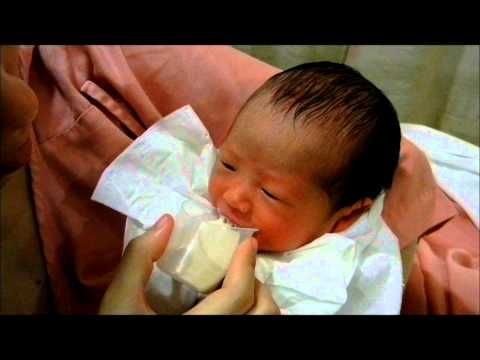 These babies may be eating finger foods and drinking from a sippy cup. A pediatrician may suggest thickening their milk or formula. These babies may be eating finger foods and drinking from a sippy cup. A pediatrician may suggest thickening their milk or formula. |
| Y-cut | 9+ months | For babies who are drinking thicker liquids or cereal. |
Why does my baby gasp for air while sleeping?
If your baby is gasping for air while they sleep, they may have a sleep disorder known as sleep apnea.
According to Dr. Zarmina Ehsan of Children’s Mercy Sleep Center, there are two types of sleep apnea:
- Obstructive sleep apnea (OSA) is characterized by a narrowing of the airways or an obstruction, which leads to reduced oxygen intake. This is seen in babies with craniofacial syndromes, such as down syndrome, and babies with laryngomalacia.
- Central sleep apnea (CSA) occurs when your brain is slow to send your body signals to breathe during sleep. This type is rarer but may be correlated with premature babies, babies whose mothers smoked during pregnancy, and babies with neurological disorders or injuries.

The American Academy of Sleep Medicine (AASM) maintains that a sleep study performed by a clinician using a polysomnogram must be done to diagnose a child with sleep apnea.
Consult your pediatrician or a sleep specialist if your baby is consistently exhibiting any of the following behaviors during sleep:
- Pausing for breaths
- Choking
- Breathing loudly
- Gasping for air
- Snoring
Why does my baby gasp for air when excited?
As your baby begins to engage more with their surroundings, you may notice them expressing excitement by gasping.
In fact, a study from the University of Geneva found that babies begin to link facial and vocal characteristics to emotions as early as birth.
By four to six months, babies can express their own emotions. If your baby is gasping in excitement, they may have learned that behavior from you or another loved one.
Hearing your baby gasp for air can be alarming in any context, even when it’s with excitement. Some parents have noted that they can enjoy their little ones’ excited gasps because they know they are not distressed or uncomfortable.
Why does my baby gasp for air while pooping?
One reason you may notice your baby gasp while they are pooping is that they are holding their breath.
It is not uncommon for babies and children to hold their breath while pooping and then let out a gasp after completing their bowel movements. In most cases, these children are not in danger of low oxygen and are in complete control of their breath.
Straining while pooping, however, may be a sign that they are constipated. Consult your pediatrician if you suspect your baby is struggling with constipation.
The child often chokes and suffocates - Pediatrics - 01/12/2014
/
anonymous
Hello Irina Viktorovna. My daughter is 2.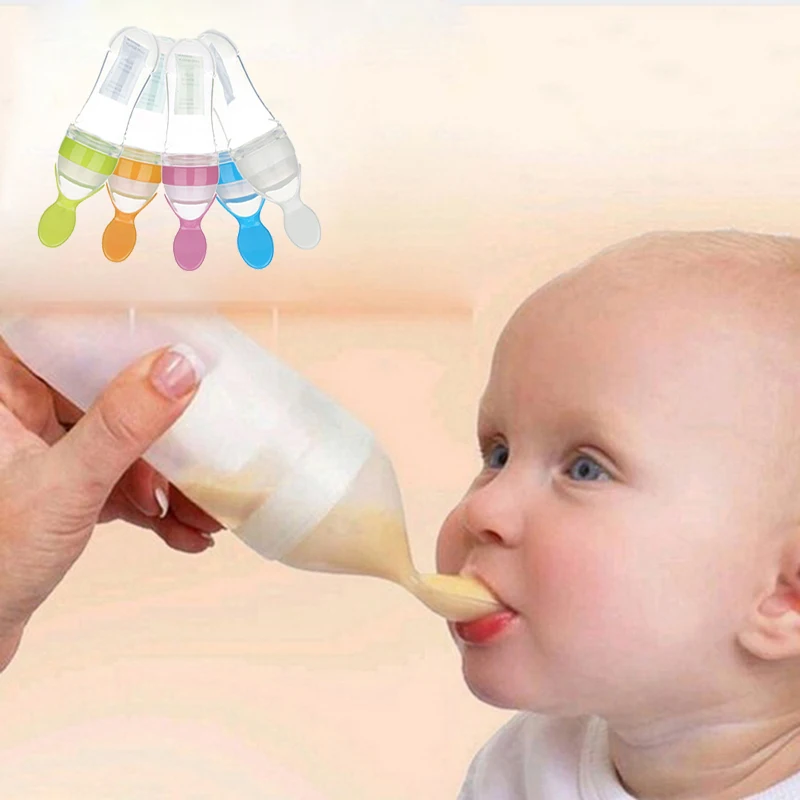 5 months old, breastfeeding. I can’t leave it for a second: it often chokes for various reasons. 1. While awake, she may choke on saliva - in this case, I turn her on her side or take her in my arms, clear her throat and everything goes away. 2. Sometimes it chokes when feeding - already at the end of feeding (I feed lying down at night, sitting at an angle of about 60 degrees during the day), it just stops breathing, it turns red, I try to quickly put it in a column or put it on my knee and squeeze the chest and back. Every time I literally turn gray until she starts breathing again. 3. May begin to choke if the air left after feeding comes out (this can also happen an hour and a half after eating). It looks like he is choking on milk, which is holding up the escaping air. After each feeding, I wear it in a column, swallows a lot of air - it comes out either in one big pop, or in several doses; sometimes quickly, and sometimes you have to wear a column again after a while. But even in this case, sometimes it doesn’t come out completely, and then she just starts to suffocate (the method from paragraph 2 helps).
5 months old, breastfeeding. I can’t leave it for a second: it often chokes for various reasons. 1. While awake, she may choke on saliva - in this case, I turn her on her side or take her in my arms, clear her throat and everything goes away. 2. Sometimes it chokes when feeding - already at the end of feeding (I feed lying down at night, sitting at an angle of about 60 degrees during the day), it just stops breathing, it turns red, I try to quickly put it in a column or put it on my knee and squeeze the chest and back. Every time I literally turn gray until she starts breathing again. 3. May begin to choke if the air left after feeding comes out (this can also happen an hour and a half after eating). It looks like he is choking on milk, which is holding up the escaping air. After each feeding, I wear it in a column, swallows a lot of air - it comes out either in one big pop, or in several doses; sometimes quickly, and sometimes you have to wear a column again after a while. But even in this case, sometimes it doesn’t come out completely, and then she just starts to suffocate (the method from paragraph 2 helps). I began to notice that if during feeding it starts to spin, it is necessary to put it in a column - again, air comes out with a pop. Spit up a little milk, rarely, more often with cottage cheese, i.e. it can be judged that the food is digested. In the maternity hospital, everything was fine, the pregnancy was without pathologies, we were gaining weight, we didn’t complain about anything else. In the clinic, our site was divided into two, we have not yet been assigned a pediatrician, so I would like to get a specific answer about the possible reason and my further actions. Thanks in advance
I began to notice that if during feeding it starts to spin, it is necessary to put it in a column - again, air comes out with a pop. Spit up a little milk, rarely, more often with cottage cheese, i.e. it can be judged that the food is digested. In the maternity hospital, everything was fine, the pregnancy was without pathologies, we were gaining weight, we didn’t complain about anything else. In the clinic, our site was divided into two, we have not yet been assigned a pediatrician, so I would like to get a specific answer about the possible reason and my further actions. Thanks in advance
Ruzhenkova Irina Viktorovna answers
pediatrician
Hello! In general, regurgitation for babies of this age is the norm - but there should not be aspiration of gastric contents with respiratory arrest. Variants with respiratory arrest may be normal in children up to 2 weeks of age - but this happens in a dream, and not as a result of "choking". You see, anatomically, milk should not enter the respiratory tract and interfere with breathing; the entrance to the larynx is closed by the epiglottis. It is not too developed in babies, but still covers the larynx. Two options: either you are a very anxious mother, who accepts single episodes of choking very tragically (you don’t get angry, I understand you; I myself would be just as scared - now I just talk abstractly), or the baby has some peculiarity of the epiglottis or a pronounced gastro- esophageal reflux (reflux of food from the stomach into the esophagus). Similar "casts" (only less pronounced) constantly occur in the first months of life. The stomach of babies is like a muscle bag, which can significantly increase in size when feeding. At the same time, the sphincter of the entrance to the stomach in the first year of life is developed significantly worse than in adults. From a distended, overfilled stomach, milk "splashes" easily. But stopping breathing in this case - I repeat - usually does not occur. In a normal situation, I would advise (as you do) to tear the baby off the breast several times during feeding and hold it upright for several minutes.
It is not too developed in babies, but still covers the larynx. Two options: either you are a very anxious mother, who accepts single episodes of choking very tragically (you don’t get angry, I understand you; I myself would be just as scared - now I just talk abstractly), or the baby has some peculiarity of the epiglottis or a pronounced gastro- esophageal reflux (reflux of food from the stomach into the esophagus). Similar "casts" (only less pronounced) constantly occur in the first months of life. The stomach of babies is like a muscle bag, which can significantly increase in size when feeding. At the same time, the sphincter of the entrance to the stomach in the first year of life is developed significantly worse than in adults. From a distended, overfilled stomach, milk "splashes" easily. But stopping breathing in this case - I repeat - usually does not occur. In a normal situation, I would advise (as you do) to tear the baby off the breast several times during feeding and hold it upright for several minutes. It is necessary to achieve that the air swallowed together with milk rises up, above the layer of milk, and exits itself through the esophagus, without dragging the liquid with it. The breast should be given to the baby in such a way that it captures not only the nipple, but also the areola almost completely (only from above can the edge of the colored part of the areola be seen). After feeding, the girl should be laid on her side with the head end of the bed raised and not disturbed for a while, not tossed to allow the milk to be absorbed. This is all true, but in your case, these recommendations seem incomplete to me. It would be necessary to look at these "choking" and "suffocation" in real life. Maybe it makes sense to examine the girl. But who to turn to? To an otolaryngologist for laryngoscopy (this is an instrumental method for examining the larynx; rather laborious and painful)? To a surgeon for a referral for x-ray detection of reflux? To the district pediatrician (or, in his absence, to the head of the department), to coordinate all this work and comprehend the results? Probably the last option would be best.
It is necessary to achieve that the air swallowed together with milk rises up, above the layer of milk, and exits itself through the esophagus, without dragging the liquid with it. The breast should be given to the baby in such a way that it captures not only the nipple, but also the areola almost completely (only from above can the edge of the colored part of the areola be seen). After feeding, the girl should be laid on her side with the head end of the bed raised and not disturbed for a while, not tossed to allow the milk to be absorbed. This is all true, but in your case, these recommendations seem incomplete to me. It would be necessary to look at these "choking" and "suffocation" in real life. Maybe it makes sense to examine the girl. But who to turn to? To an otolaryngologist for laryngoscopy (this is an instrumental method for examining the larynx; rather laborious and painful)? To a surgeon for a referral for x-ray detection of reflux? To the district pediatrician (or, in his absence, to the head of the department), to coordinate all this work and comprehend the results? Probably the last option would be best.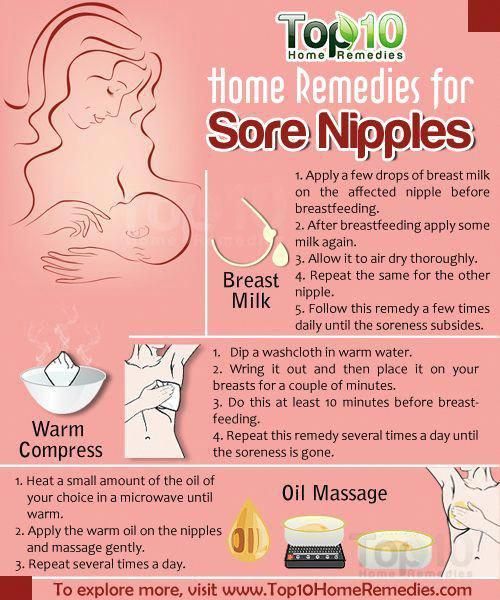 I understand that if the matter is in the underdevelopment of the epiglottis, we will not change anything - but with reflux there are at least medical methods of influence. And it would be even better if these choking, with the observance of the simplest feeding technique, would disappear in the coming days, and the baby would not have to be further injured ... Good luck and health to you!
I understand that if the matter is in the underdevelopment of the epiglottis, we will not change anything - but with reflux there are at least medical methods of influence. And it would be even better if these choking, with the observance of the simplest feeding technique, would disappear in the coming days, and the baby would not have to be further injured ... Good luck and health to you!
Related questions
anonymous (Male, 8 weeks old)
Newborn choking
Baby is almost 2 months old. About a month ago I started having trouble breathing. He simply began to choke, often choking, whether it was his chest or a bottle. Now + as a couple of days he started choking...
anonymous (Male, 36 years old)
A child 2 years 8 months old breathes through his mouth snores shudders limbs and tosses and turns in his sleep
Good afternoon Ivan Vasilievich to a child 2 years 8 months a couple of months ago the child began to spin in a dream, startle, get on all fours in a dream, as if something hurts or air . ..
..
anonymous (Female, 32 years old)
Rhinopharyngitis
Good afternoon! A 7-year-old child has a high temperature of 38.8 for 3 days. It goes down for a while, then rises again. At the same time, he sniffs his nose very strongly, but nothing can blow his nose. I understand...
anonymous (Female, 26 years old)
Nasal congestion in a newborn
Hello. Help. PKC delivery on 10/21/16 at 12 days. I saw my daughter exactly one day later. Brought put in a cradle. And she is barely breathing, her nose is clogged. They said let the relatives bring "nazivin" from ...
anonymous (Female, 60 years old)
Cancer in doubt
Another question that is very important to me. 9 years ago I was diagnosed with breast cancer, my breast was removed, leaving a terribly not beautiful, terrible and rough scar. After 8 years, I started to have a severe cough,...
anonymous (Man, 4 years old)
Recurrent lymphadenitis often bad UAC
Hello! A 4-year-old child is often very sick, for the last year he was sick every month, 4 times in bed in the infectious diseases department.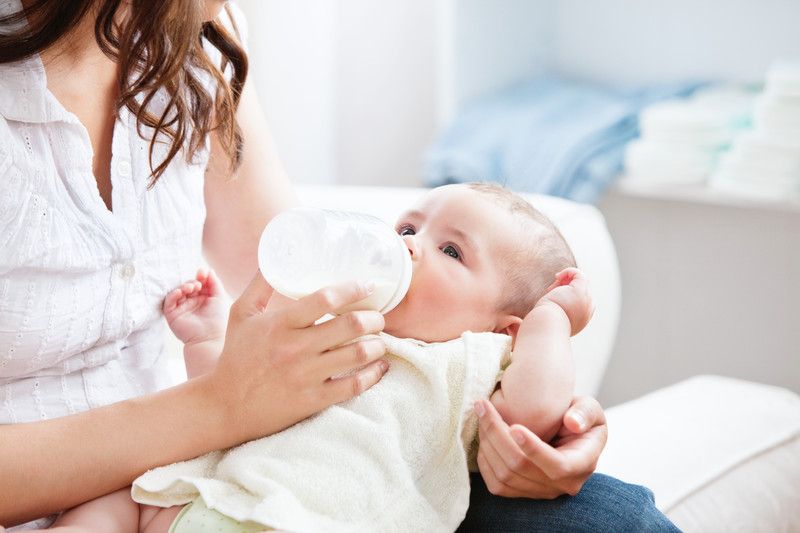 The child falls ill with a common cold, then his condition becomes severe, we are taken to the hospital and antibiotics are started. Practically ...
The child falls ill with a common cold, then his condition becomes severe, we are taken to the hospital and antibiotics are started. Practically ...
Lyudmila Zykovich (Female, 44 years old)
Chronic vasomotor rhinitis with hypertrophy of the posterior ends of the lower nasal sinuses
Good day. In February of this year, she was operated on due to a deviated septum and chronic hypertrophic rhinitis. Rhinoosteoseptoplasty was performed. Bilateral lower conchotomy, vasotomy, lateroconchopexy. The first time after the operation it seems...
The child chokes when feeding: what to do?
Nikulina Anastasia Anatolyevna
pediatrician
A newborn chokes when feeding for various reasons. Some of them the mother can eliminate, while others depend on the health of the baby. The pediatrician Anastasia Anatolyevna Nikulina will explain the causes and solutions to this problem.
— Anastasia Anatolyevna, at what age do children most often choke while feeding?
— In the first weeks of life, when the swallowing reflex is still very weak, it is difficult to dose milk supply from the breast. From the bottle, the flow of formula is controlled by the opening in the nipple and the tilt. If the hole in the nipple is not age appropriate, it is tight, then the newborn swallows air. Excess air with the mixture will enter the intestines, causing discomfort to the baby.
From the bottle, the flow of formula is controlled by the opening in the nipple and the tilt. If the hole in the nipple is not age appropriate, it is tight, then the newborn swallows air. Excess air with the mixture will enter the intestines, causing discomfort to the baby.
Why does the baby choke while breastfeeding or bottle feeding
- Baby position or bottle angle not optimal. in the optimal position. In the right position, the hand of the woman who holds the child lies on the support. Hold the baby by the back and shoulders, directing the head to the chest. You can’t press hard on the head - the baby will recline it back reflexively.
- Anatomical features of the mother's breast, in which a woman produces enough breast milk, but it is difficult for a child to suck it out, to eat. Before feeding, the mother needs to express some of the milk or massage the breast: it will become soft, and it will be easier for the baby to suck.
- Large nipples are difficult for a baby to grasp - to solve the problem, there are special nipple covers through which newborns are fed.
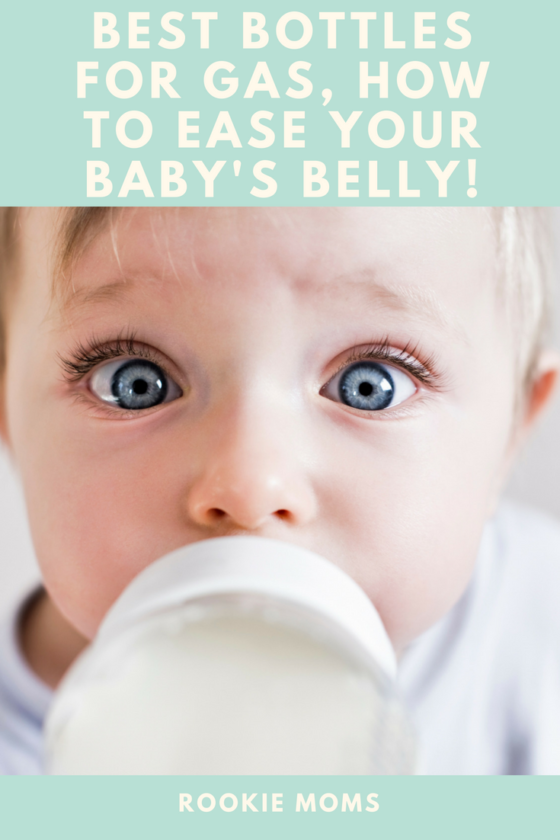 You can feed your baby with expressed milk through a bottle and a nipple that is correctly selected for age.
You can feed your baby with expressed milk through a bottle and a nipple that is correctly selected for age. - Hyperlactation. Pressurized breast milk squirts into the baby's mouth. Before feeding, some of the foremilk is expressed, and the following, more fatty, does not form a strong flow. Breaks in the sucking process also help.
- Frequent breastfeeding. The absence of long breaks between attachments to the breast prevents children from hunger and, with it, the rush to feed.
- Incorrect bottle delivery method. The neck of the bottle must be completely filled with milk: this way there will be no air in the milk. The nipple is selected taking into account the age of the baby.
- Disease. Nasal obstruction or cough interferes with feeding. Relief of the symptoms of the disease will improve nutrition. For some children, problems can be caused by improper swallowing or reflux.
- To understand why the baby is having difficulty swallowing, you need to gradually eliminate each of the possible causes.
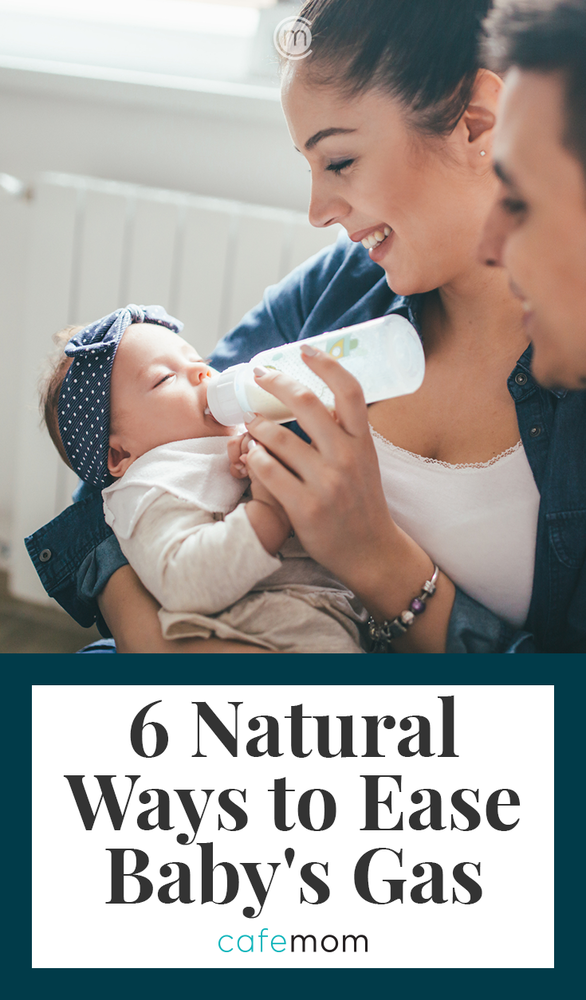 Even the environment matters. During feeding hours, it is desirable for a woman to be alone with the child, nothing should distract him from the process. If the mother finds it difficult to identify the cause, a pediatrician will help her.
Even the environment matters. During feeding hours, it is desirable for a woman to be alone with the child, nothing should distract him from the process. If the mother finds it difficult to identify the cause, a pediatrician will help her.
— What should I do if my child chokes on milk or formula?
- Spontaneous cough is the main symptom that appears when the act of sucking and swallowing is disturbed. The baby is crying and refuses to eat.
First aid for choking children
If you cannot cough up excess milk on your own or the baby chokes on saliva and begins to choke, you must do the following, dosing the force of your actions: above the navel (on the area of \u200b\u200bthe baby’s stomach), supporting the chin.
- Can I continue feeding after the baby clears his throat, or should I take a break?
- Feeding can be continued after the baby clears his throat. It is advisable to vilify it with a column for two to three minutes, so that excess air comes out, and then resume feeding.
It is advisable to vilify it with a column for two to three minutes, so that excess air comes out, and then resume feeding.
- Does increasing the interval between feedings help with the problem?
- On the contrary, the prevention of flooding will be frequent feeding. With numerous attachments, less milk accumulates in the woman’s breast, it becomes easier for the mother to feed.
If the baby is choking, feeding should be interrupted. The baby will cough, rest and continue to suck. If the situation recurs frequently, be sure to consult your pediatrician. Your doctor can help you find the best breastfeeding or formula-feeding method for you.
* Breast milk is the best food for babies. WHO recommends exclusive breastfeeding for the first 6 months of a child's life and continued breastfeeding after complementary foods are introduced until the age of 2 years. Before introducing new products into the baby's diet, you should consult with a specialist.![]()

